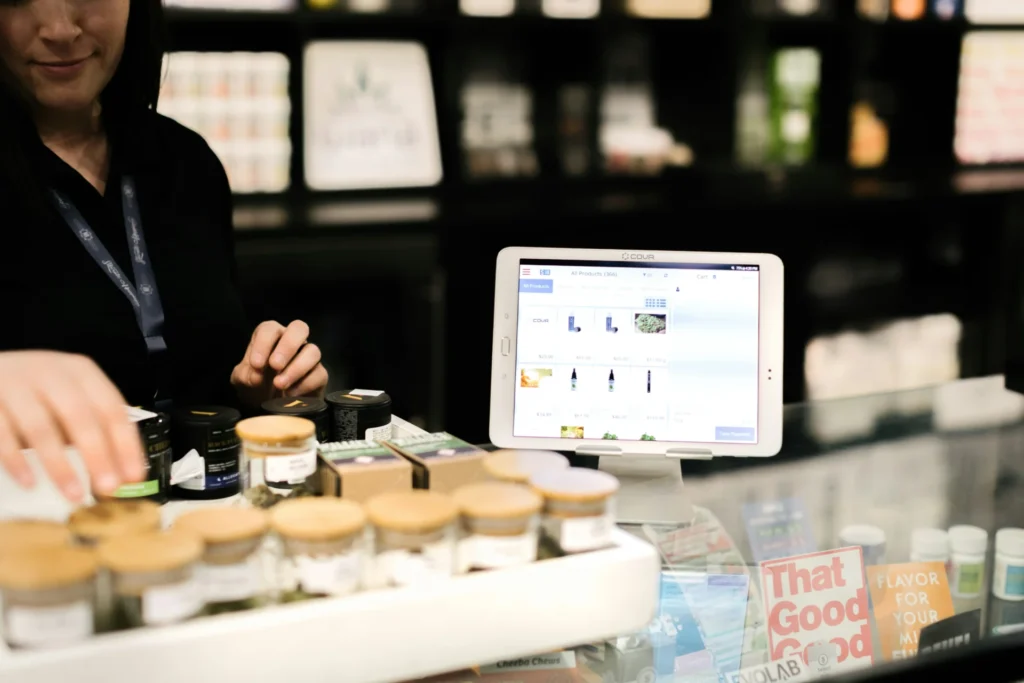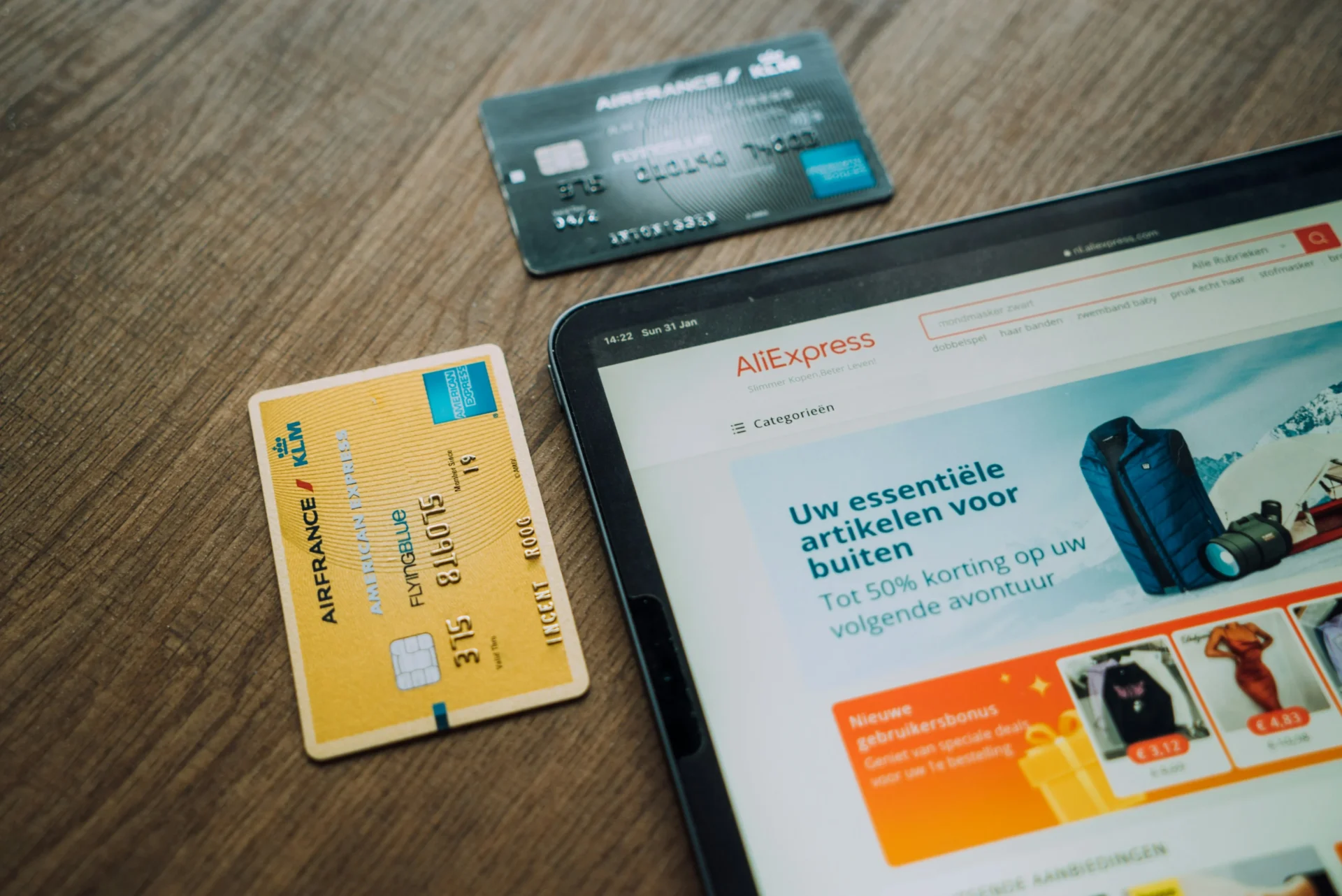As the lines between physical and online shopping continue to blur, digital shopper marketing has emerged as a key driver of e-commerce success. Understanding this shift is crucial, as it directly impacts how consumers engage with brands and make purchasing decisions. More than just online advertising, digital shopper marketing encompasses everything from optimizing websites and mobile experiences to using data for personalized interactions. At its core, it’s about reaching shoppers where they are—online—and guiding them through an engaging, seamless shopping journey. This article will explore the most effective strategies for businesses looking to leverage digital shopper marketing to drive growth and increase conversions.
E-commerce has experienced explosive growth, and with it, the digital shopping experience has become more complex and competitive. Consumers now expect personalized, tailored interactions across multiple digital touchpoints, from websites to social media platforms. This new reality calls for innovative strategies that go beyond traditional marketing. Digital shopper marketing allows businesses to meet these expectations by delivering a seamless and engaging experience that builds long-term customer loyalty. Whether it’s through targeted social media ads, SEO-optimized product pages, or personalized content, businesses must adapt to stay relevant. Here, we’ll dive deeper into how mastering online shopper marketing can unlock the potential for e-commerce success.
Defining Digital Shopper Marketing
Digital shopper marketing is crucial for businesses looking to reach online consumers. It encompasses digital marketing strategies that aim to influence purchasing decisions throughout the digital journey. The primary goal is to guide potential customers from awareness to purchase using various online touchpoints. In the field of shopper marketing, optimization of product pages and targeted ads play a pivotal role. Furthermore, integrating social media into digital shopper marketing strategies enhances engagement. This allows brands to maintain a continuous connection with their audience, promoting long-term customer loyalty.
To define digital shopper marketing more clearly, it involves understanding the shopper’s behavior online. By analyzing data and trends, businesses can better tailor their marketing efforts to the preferences of digital consumers. This process helps in creating personalized experiences that resonate with shoppers at different stages of their buying journey. As digital technologies evolve, so does the need for effective shopper marketing strategies. Innovations such as personalized email campaigns and interactive contents keep shoppers engaged. Ultimately, online shopper marketing is about making online shopping easier and more enjoyable for consumers.
The key difference between digital shopper marketing and traditional marketing lies in the use of digital channels. While traditional methods focused on physical marketing materials, digital shopper marketing shifts attention to online platforms. It leverages the digital ecosystem to create personalized experiences based on shopper data and customer behavior. Moreover, online shopper marketing allows for real-time adjustments based on analytics, ensuring more effective campaigns. This real-time optimization can significantly increase conversion rates. Thus, online shopper marketing offers businesses a more efficient and impactful way to engage customers.
The Importance of Digital Shopper Marketing in E-Commerce
The majority of shoppers now start their buying process online, making digital presence essential. By implementing a strong digital shopper marketing strategy, businesses can capture the attention of these online consumers early in their journey. This also allows brands to influence purchase decisions in ways traditional marketing methods could never achieve. Furthermore, online shopper marketing offers businesses the ability to track and optimize campaigns continuously. This level of measurement ensures that strategies remain effective and relevant to target audiences.
The benefits of digital shopper marketing are far-reaching. One key advantage is the ability to drive higher conversion rates. Personalization through online shopper marketing tactics helps businesses cater to individual needs and preferences. This can lead to increased customer satisfaction, as shoppers feel understood and valued. Additionally, online shopper marketing improves engagement, enabling brands to build stronger relationships with their customers. The more engaged a shopper is, the more likely they are to complete a purchase and return in the future.
Another crucial aspect of digital shopper marketing in e-commerce is mobile optimization. With the rise of smartphones, many shoppers now prefer to make purchases on their mobile devices. Therefore, ensuring a seamless mobile experience is essential for any digital shopper marketing strategy. By optimizing websites and campaigns for mobile use, businesses can provide convenience and accessibility to on-the-go consumers. Furthermore, mobile-optimized online shopper marketing allows businesses to target specific geographical locations. This location-based targeting can enhance personalization, offering deals and promotions based on a shopper’s proximity to a physical store.

Personalizing the Digital Shopper Experience
Personalization is a core principle in digital shopper marketing. By using data analytics, businesses can understand the behavior and preferences of their customers. This insight allows for tailored marketing messages that resonate with individual shoppers, increasing the chances of conversion. As a result, personalization in online shopper marketing not only drives sales but also enhances the overall shopping experience. Furthermore, personalized contents help create long-term relationships between brands and shoppers. In this way, businesses can foster loyalty and repeat purchases.
Behavioral targeting is another powerful technique in digital shopper marketing. By analyzing past shopping behavior, businesses can deliver highly relevant ads and offers. For instance, if a shopper has previously purchased a product, they can be shown complementary items. This increases the likelihood of additional purchases and adds value to the customer experience. Additionally, personalized product recommendations help shoppers discover new products that align with their interests. In this way, shopper marketing strategies create a seamless and enjoyable shopping journey for the consumer.
Creating dynamic content is essential for maintaining the relevance of personalized experiences. Digital shopper marketing relies heavily on content that adapts to the individual shopper. This includes personalized emails, product recommendations, and even website landing pages that change based on user behavior. By delivering content that is specifically tailored to the needs of each shopper, businesses can significantly boost engagement. Additionally, these dynamic elements help guide shoppers toward making informed purchase decisions. Ultimately, a well-executed personalized online shopper marketing strategy ensures a more satisfying shopping experience.
Strategies for Social Media Engagement
Social media platforms have become integral to digital shopper marketing strategies. Shoppers now use these platforms not only for socializing but also for discovering new products. Integrating social media marketing into your digital shopper marketing strategy allows businesses to engage with potential customers. By creating shareable content, brands can increase visibility and reach a broader audience. Social media also offers a platform for direct interaction with customers, strengthening the relationship between brand and consumer. Through social media, digital shopper marketing enables businesses to build brand loyalty and trust.
Influencer marketing has emerged as a key strategy in digital shopper marketing. Partnering with influencers can help businesses reach a targeted audience that trusts the influencer’s recommendations. By leveraging an influencer’s credibility, brands can drive traffic and increase conversions. Furthermore, social media platforms like Instagram and TikTok offer unique ways for influencers to promote products. This kind of online shopper marketing is particularly effective for younger, trend-sensitive shoppers. As influencers continue to shape consumer behavior, businesses must adapt their marketing strategies accordingly.
Targeted advertising on social media enhances the precision of digital shopper marketing campaigns. With advanced targeting options, businesses can ensure that their ads reach the most relevant audience. Whether it’s based on demographics, interests, or behaviors, social media platforms provide the tools for highly effective targeting. This means that businesses can reduce ad spend waste while maximizing the impact of their online shopper marketing efforts. Moreover, paid social media ads can be easily adjusted based on performance, enabling continuous optimization. Through these strategies, digital shopper marketing can yield significant returns on investment.
Integrating SEO for Enhanced Visibility
Search engine optimization (SEO) plays a pivotal role in digital shopper marketing strategies. As most shoppers begin their purchase journey with a search engine, ranking high in search results is critical. By optimizing product pages and websites for SEO, businesses increase their visibility and drive more traffic. This visibility is crucial for online shopper marketing because it ensures that potential customers find the right products. Moreover, SEO helps businesses stay competitive by keeping their offerings visible in an increasingly crowded marketplace. Therefore, SEO is a foundational component of any shopper marketing strategy.
Keyword research is an essential part of SEO in digital shopper marketing. By identifying the most relevant keywords, businesses can create content that aligns with shopper search queries. These keywords should be strategically placed in product descriptions, blog posts, and meta tags. Moreover, integrating local SEO tactics helps businesses reach customers who are specifically looking for products in their area. For businesses with physical stores, local SEO enhances foot traffic and boosts sales. In this way, SEO directly influences the success of shopper marketing campaigns.
Mobile optimization is another key aspect of SEO for digital shopper marketing. As more shoppers use mobile devices, having a mobile-friendly website is crucial for maintaining a competitive edge. Websites should load quickly, have easy navigation, and provide an excellent user experience across all devices. Additionally, mobile SEO ensures that content is easily accessible and discoverable on smartphones. By focusing on mobile optimization, businesses can effectively engage shoppers wherever they are. This comprehensive approach to SEO strengthens digital shopper marketing efforts and drives higher conversion rates.

Content Marketing’s Influence on Digital Shoppers
Content marketing is a powerful tool in shaping the digital shopper marketing experience. Through valuable content, businesses can educate potential customers and guide them through the buying process. Blog posts, videos, and product reviews all serve to inform and engage shoppers. Furthermore, well-crafted content builds trust with shoppers, positioning the brand as an authority in the industry. This trust is crucial for shopper marketing, as shoppers are more likely to purchase from brands they trust. Content marketing also enhances brand awareness, helping businesses stay top-of-mind when shoppers are ready to buy.
Product reviews are one of the most effective forms of content in shopper marketing. Shoppers often rely on reviews from others to make informed decisions. By showcasing positive reviews, businesses can provide social proof that encourages new customers to make a purchase. Additionally, reviews allow businesses to gather feedback, which can be used to improve products and services. This user generated content contributes to the credibility and transparency that shoppers increasingly demand. Therefore, leveraging reviews in digital shopper marketing helps brands build a solid reputation.
Storytelling is another powerful content marketing strategy that can influence digital shoppers. By sharing stories that resonate with shoppers’ values and emotions, brands can form a deeper connection. This connection fosters loyalty and increases the likelihood of repeat purchases. Through compelling narratives, businesses can communicate their mission, vision, and unique selling points. Storytelling in content marketing is also a great way to differentiate from competitors and engage shoppers on a personal level. Ultimately, content marketing is essential in online shopper marketing for establishing a strong brand presence and driving conversions.
Wrap Up
As the landscape of e-commerce continues to evolve, businesses must prioritize digital shopper marketing to stay competitive and relevant. The digital shopper’s expectations are higher than ever, demanding personalized, seamless, and engaging experiences across multiple touchpoints. Companies that adapt to these expectations will not only increase conversions but also build long-lasting relationships with their customers. By leveraging data-driven insights, optimizing mobile experiences, and integrating advanced technologies like behavioral targeting and dynamic content, businesses can create compelling marketing campaigns that resonate with today’s consumers.
If you’re seeking expert guidance to navigate the complexities of digital shopper marketing, fishbat is here to help. As a premier New York digital marketing agency, we specialize in developing and executing winning strategies that drive results. Our team can help you enhance your digital presence, boost engagement, and elevate your brand’s reach across social media platforms. Contact us today at 855-347-4228 or hello@fishbat.com for a free consultation and learn how we can help you stay ahead in the digital shopper journey.


